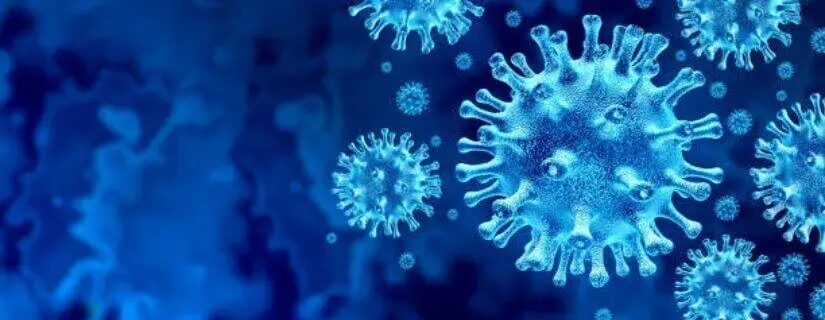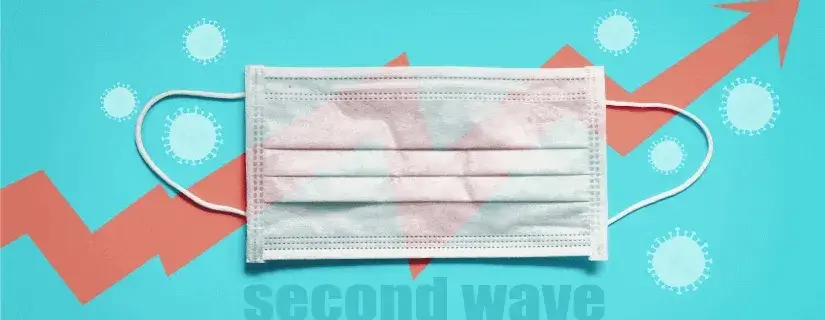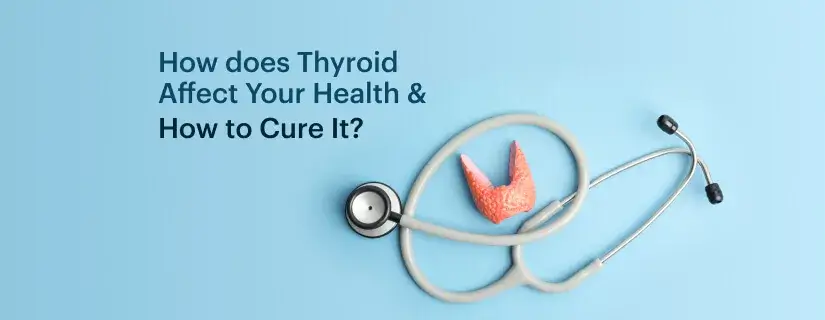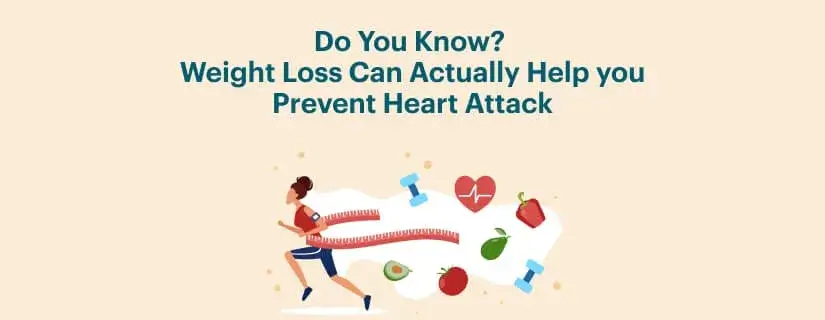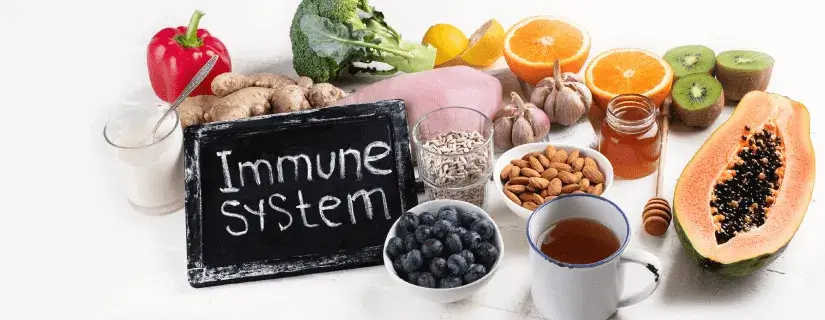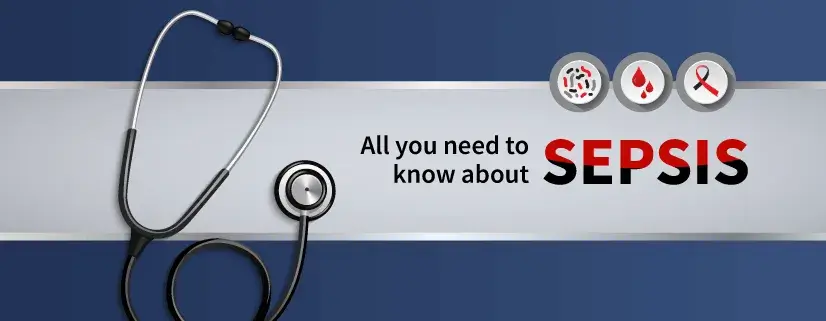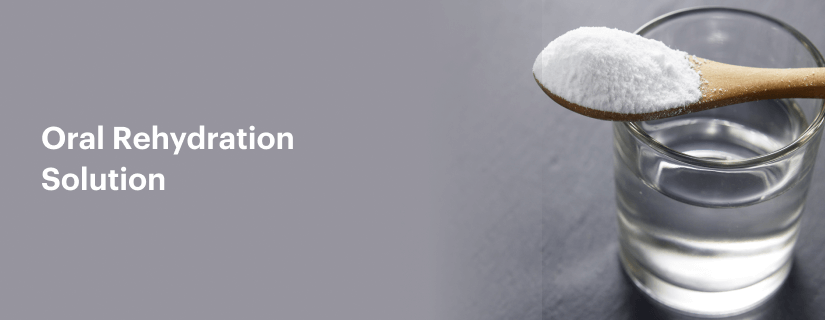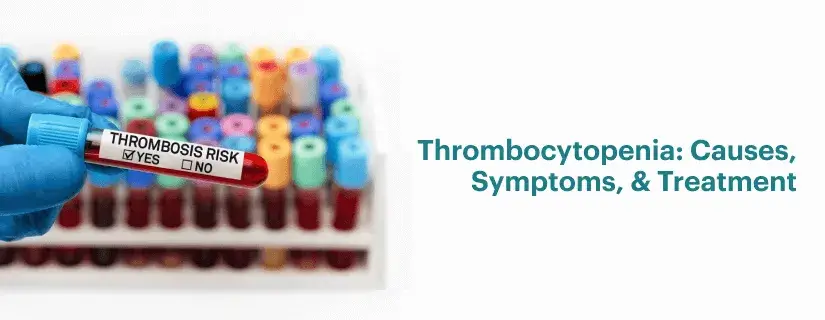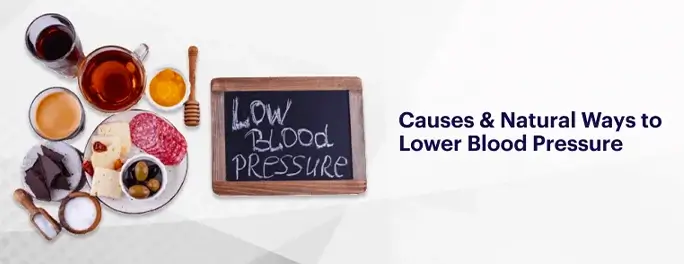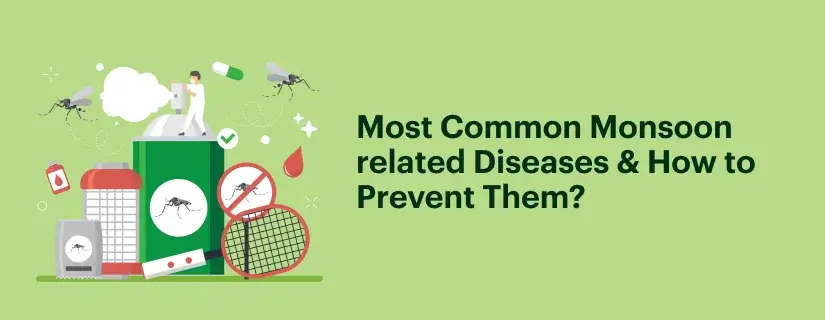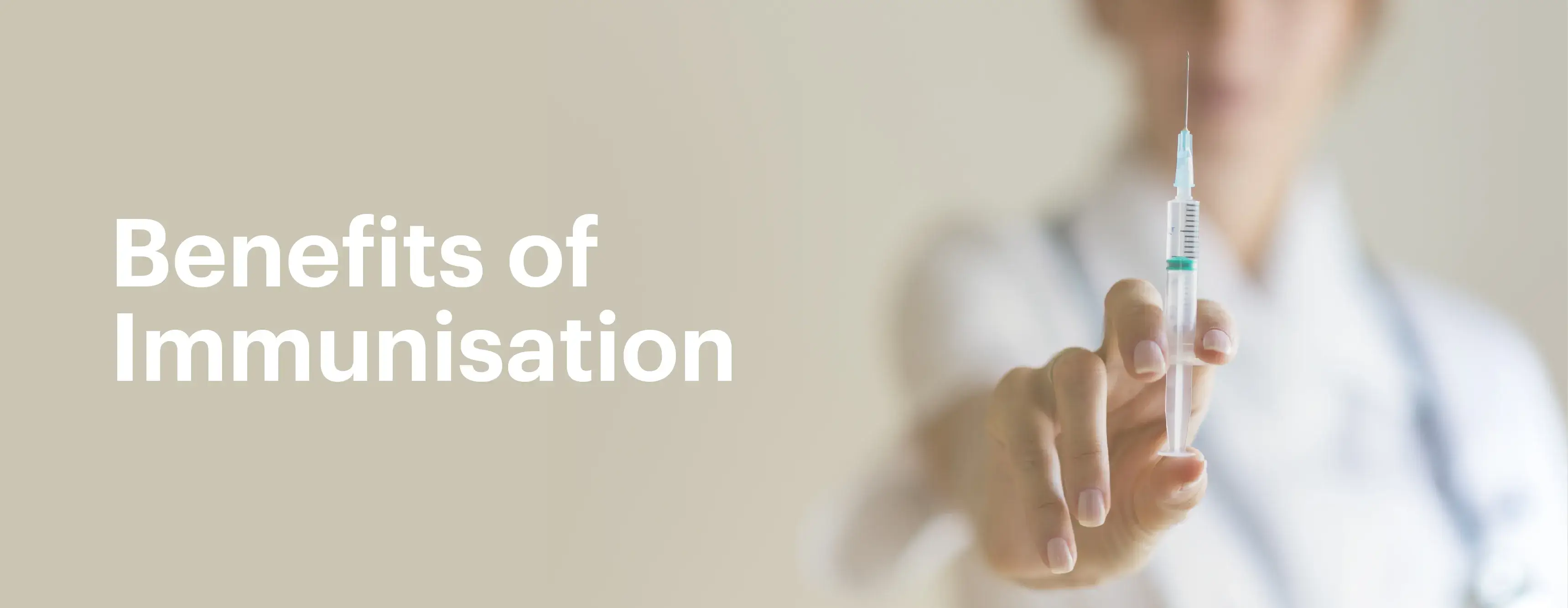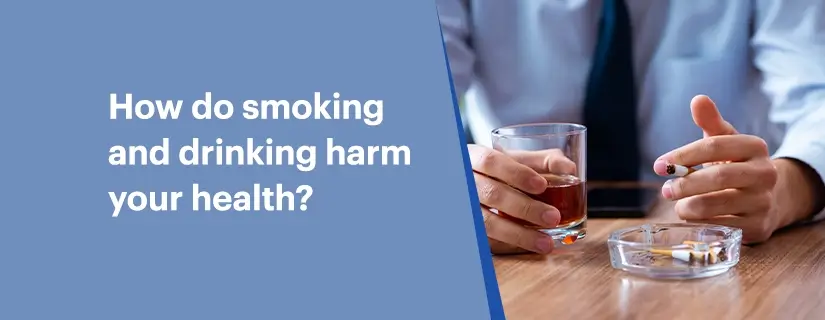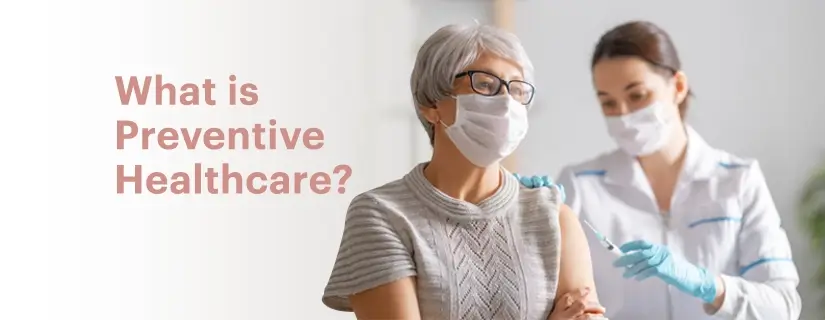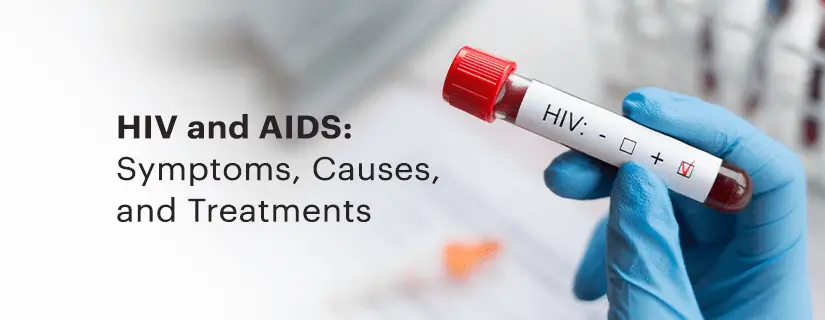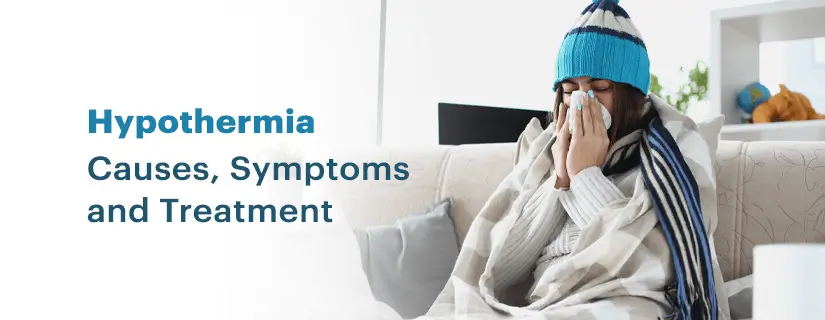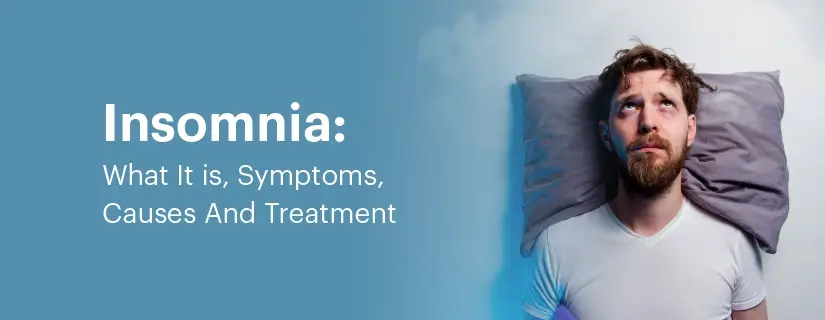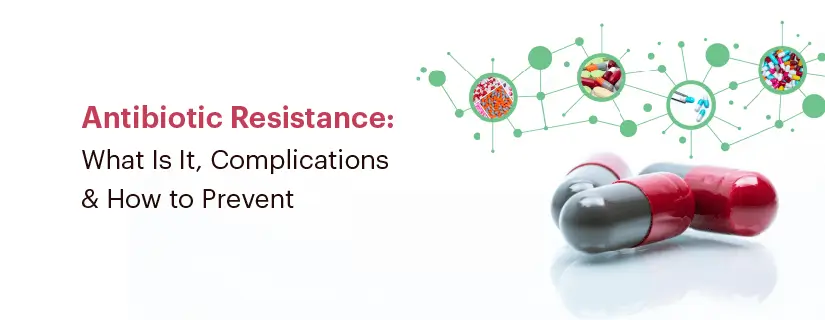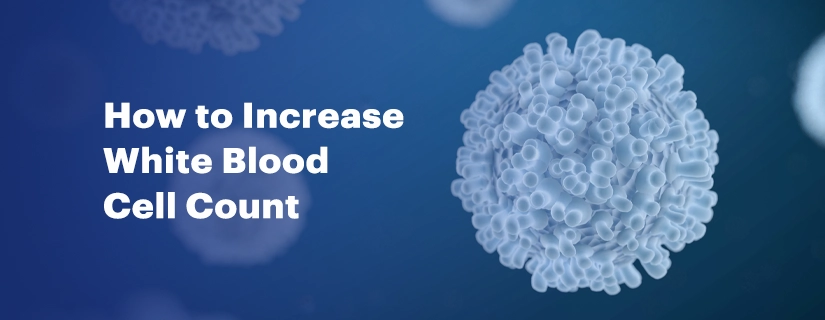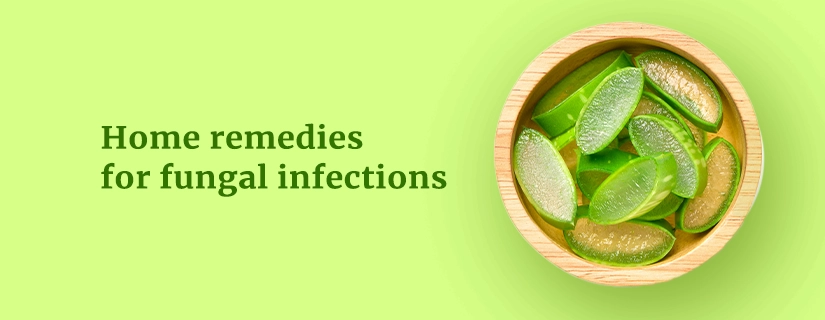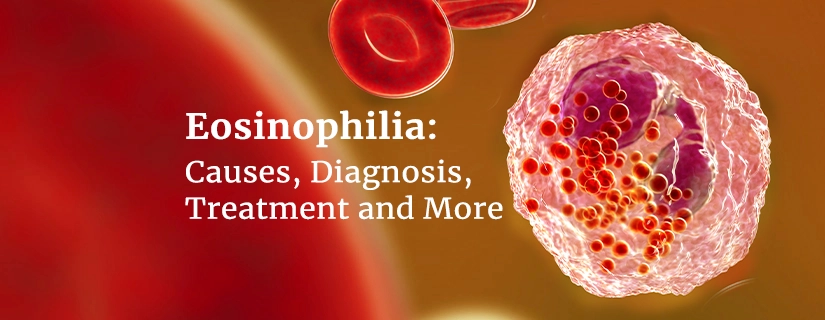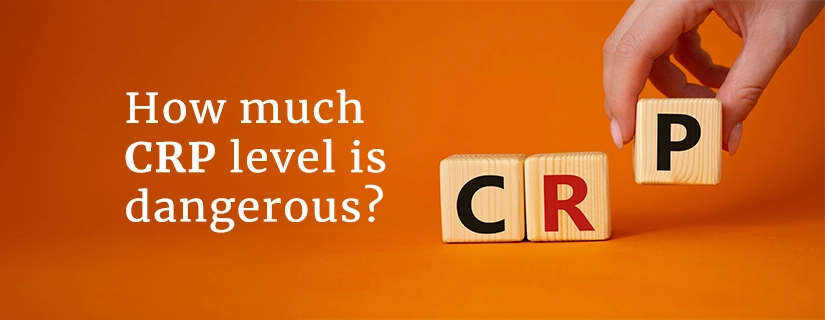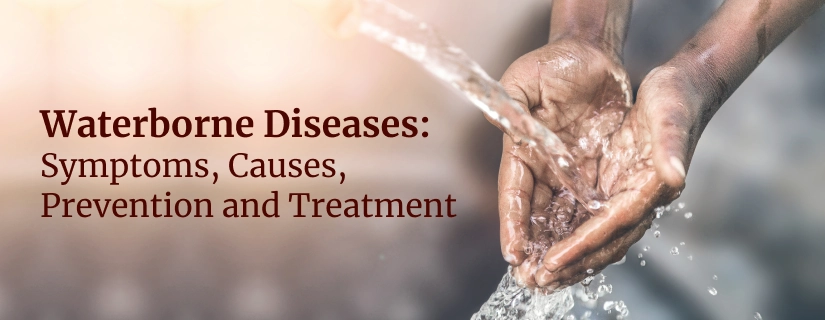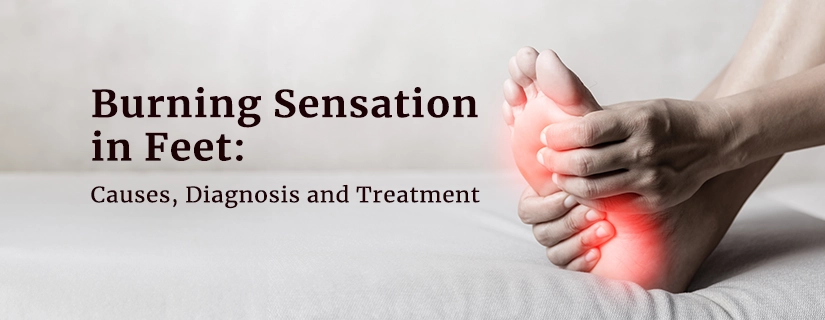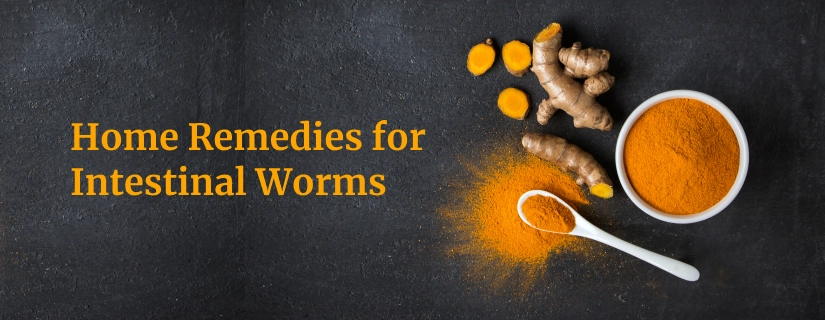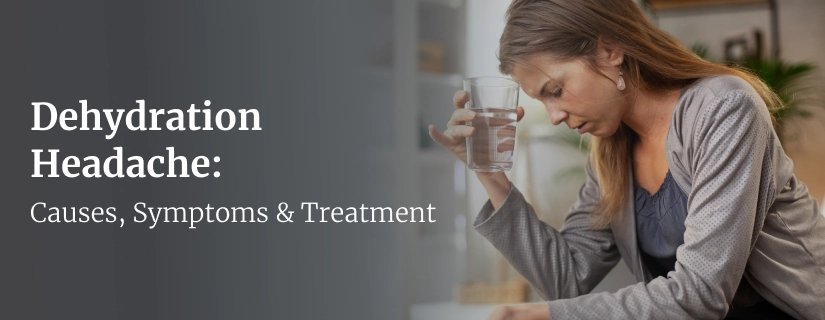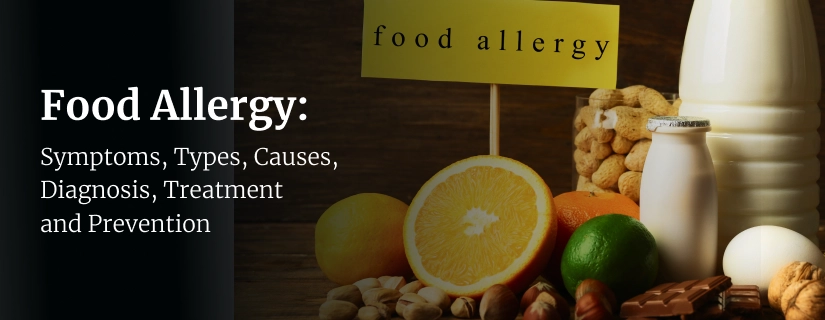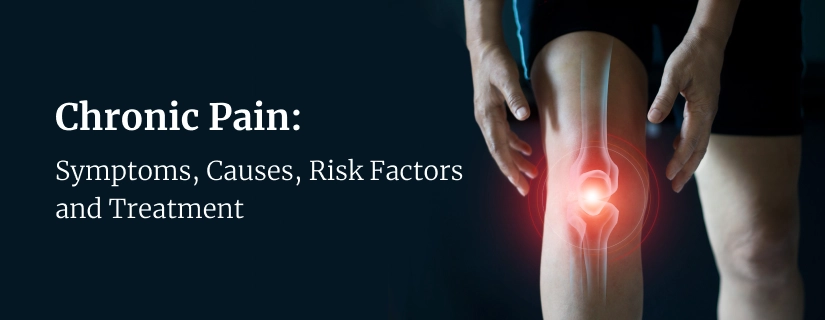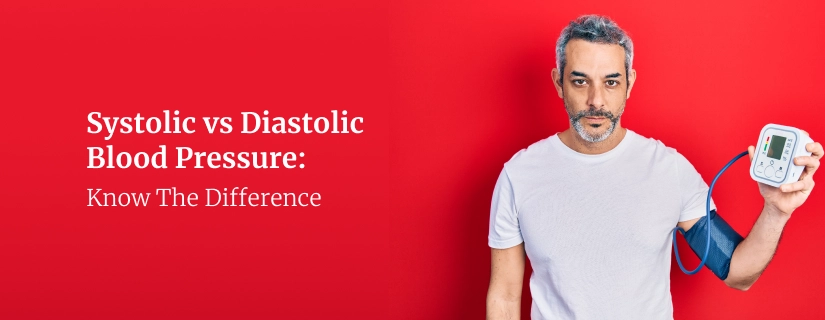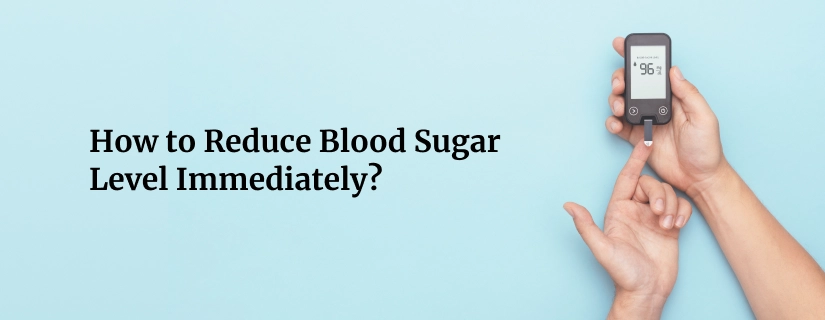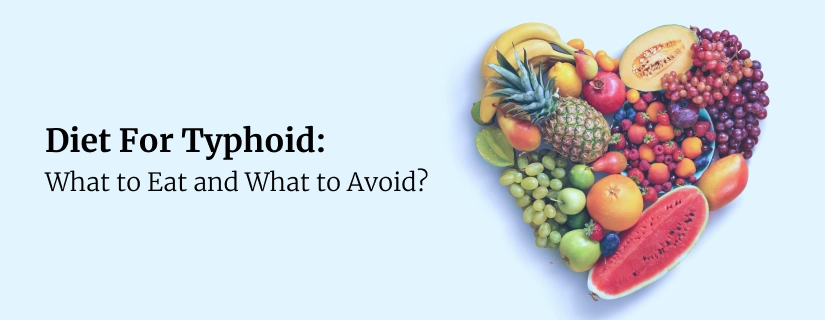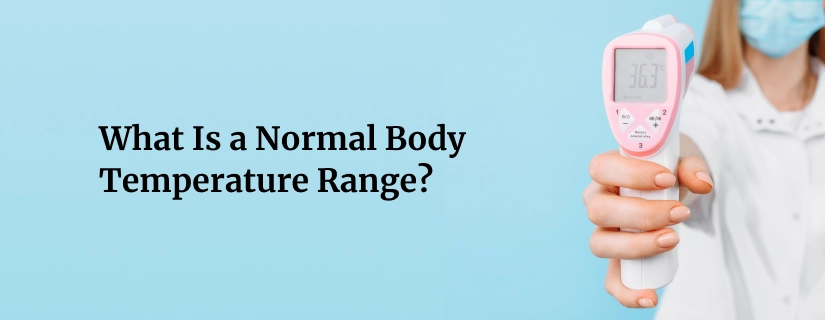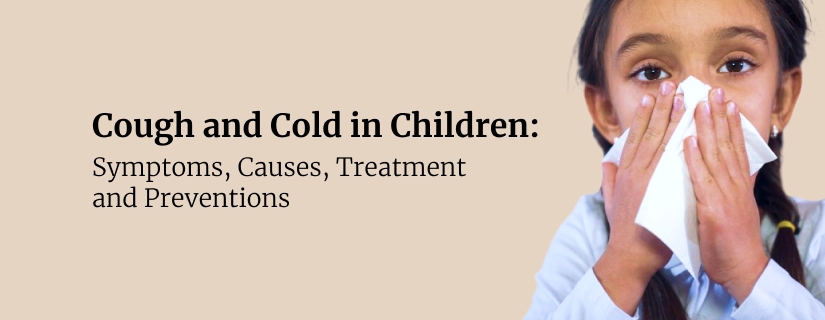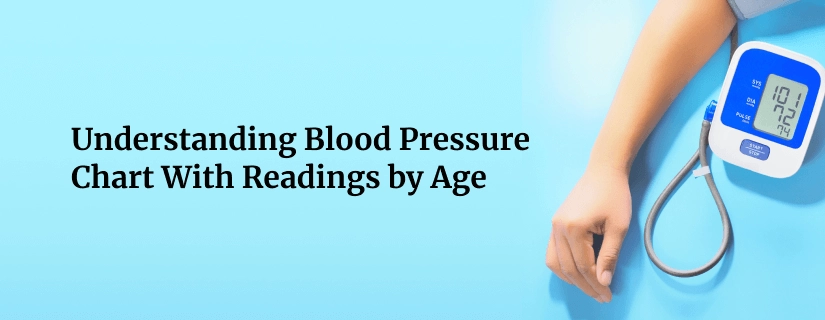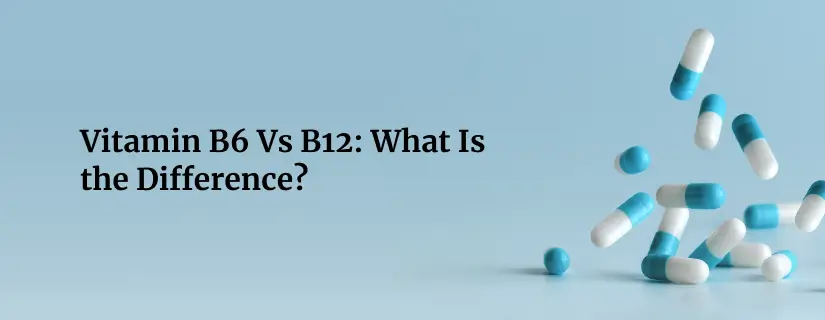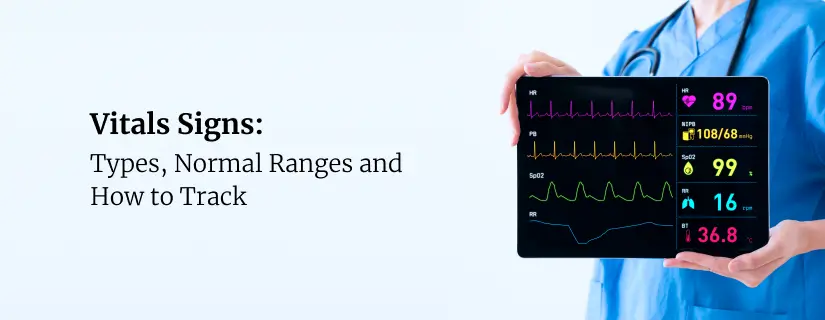-
Doctors
-
Specialities & Treatments
Centre of Excellence
Specialties
Treatments and Procedures
Hospitals & Directions HyderabadCARE Hospitals, Banjara Hills CARE Outpatient Centre, Banjara Hills CARE Hospitals, HITEC City CARE Hospitals, Nampally Gurunanak CARE Hospitals, Musheerabad CARE Hospitals Outpatient Centre, HITEC City CARE Hospitals, Malakpet
HyderabadCARE Hospitals, Banjara Hills CARE Outpatient Centre, Banjara Hills CARE Hospitals, HITEC City CARE Hospitals, Nampally Gurunanak CARE Hospitals, Musheerabad CARE Hospitals Outpatient Centre, HITEC City CARE Hospitals, Malakpet Raipur
Raipur
 Bhubaneswar
Bhubaneswar Visakhapatnam
Visakhapatnam
 Nagpur
Nagpur
 Indore
Indore
 Chh. Sambhajinagar
Chh. SambhajinagarClinics & Medical Centers
Book an AppointmentContact Us
Online Lab Reports
Book an Appointment
Consult Super-Specialist Doctors at CARE Hospitals
Ways to Keep up Sodium levels in Hyponatremia
Updated on 5 September 2023
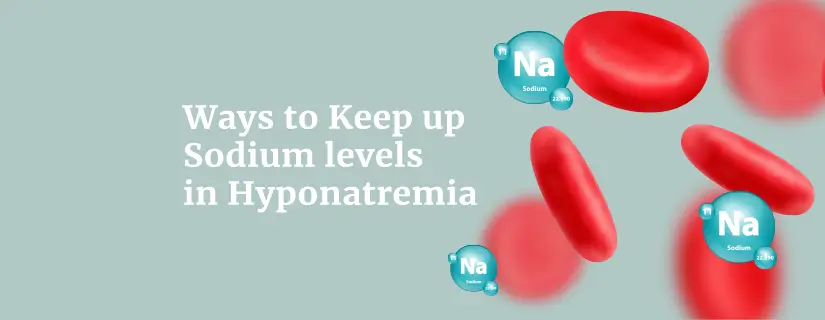
Sodium normally appears in body fluids outside of cells. It is an essential mineral for maintaining healthy neuron and muscle function, regulating body fluids, and sending nerve impulses. Numerous symptoms and health problems can develop when blood levels of sodium drop.
Hyponatremia, commonly referred to as low sodium contained in the blood. This results in an increase in body water content and the swelling of the cells.
This blog will teach you the reasons, symptoms, and how to maintain sodium levels naturally.
What Causes Low Sodium?
- A normal blood sodium level of 135 to 145 milliequivalents per litre (mEq/L. When our blood sodium level drops below 135 mEq/L, it is considered hyponatremia. Low sodium levels may be caused by a variety of medical problems and lifestyle choices, such as:
- The natural hormonal and renal functions keep sodium concentrations within the normal range & can be affected by various medications, including some water-losing tablets (diuretics), antidepressants, and pain relievers.
- When an individual has inappropriate antidiuretic hormone syndrome (SIADH), the body produces excessive amounts of the antidiuretic hormone (ADH), which makes the body retain water instead of eliminating it regularly through urination.
- When excess fluids remain in the body due to conditions like congestive heart failure or ailments of the kidneys or liver, the sodium content in the body is lowered.
- Excessive water consumption can cause low sodium levels because it overwhelms the kidney's ability to excrete water.
- The body loses electrolytes like salt as a result of frequent, severe vomiting or diarrhoea and other dehydration-related problems, which also raise ADH levels.
- The capacity of adrenal glands to generate hormones that help in maintaining the balance of salt, potassium, and water in the body is impacted by adrenal gland insufficiency (Addison's disease).
Signs of Low Sodium Levels
Signs and symptoms of low sodium levels may include:
- Dizziness, fatigue, lethargy
- Increased thirst
- Mental confusion
- Nausea and vomiting
- Headache
- Muscle weakness, spasms, or cramping
- Loss of energy, sleepiness, and weariness
- Restlessness and irritability
- Seizures
- Coma
How to increase Sodium Levels naturally?
Hyponatremia or low sodium levels can also be prevented naturally, although the method of therapy depends on how severe the problem is. Having said that, here are some natural methods to boost sodium levels and prevent disease. Let's see some of the ways of how to increase sodium levels:
- Consume sodium-rich meals: It's critical to maintain normal sodium levels since salt regulates blood volume, blood pressure, and body fluids. Eating meals high in sodium is one approach to do this. If you want to increase the amount of sodium in your diet, some of the best foods to eat include cheese, dairy products, carrots, biscuits, etc.
- Increase your salt consumption: One may add salt to their diet as a dietary source of sodium. Daily salt intake should be no more than 5 grams, as doing so can be harmful to your health.
- Moderate water consumption: To keep the body's sodium levels in order, water is crucial. Adequate fluid intake is necessary to prevent hyponatremia. However, overhydration can also be a problem. Usually, thirst and the colour of urine are the most significant indicators of how much water one needs. If your urine is light yellow, you are not dehydrated and are drinking enough water.
- When engaging in intense physical activity, consume liquids: One should consume more electrolyte- and health-rich sports drinks. These beverages include a combination of nutrients, including sugar, electrolytes, and water, which can help you deal with hyponatremia, brought on by excessive perspiration or dehydration.
- Identify and treat any underlying illnesses: Sodium levels may decline due to a number of underlying medical issues, including kidney disease or adrenal insufficiency. Therefore, treating these medical conditions with a doctor's assistance is the best strategy to control your sodium levels in such circumstances.
When To Seek Medical Assistance?
Anyone experiencing severe hyponatremia symptoms, such as nausea, vomiting, disorientation, seizures, or loss of consciousness, should speak with a Nephrologist. Additionally, if a patient is at risk for hyponatremia and is suffering from nausea, headaches, cramps, or weakness, call the doctor right away.
Home Remedies To Increase Your Sodium Levels
Here are some home remedies that may help:
- Add Salt to Your Diet: Use salt (preferably iodized salt) to season your food moderately. Avoid excessive salt intake, but a controlled increase can help raise sodium levels.
- Drink Electrolyte Beverages: Consuming sports drinks or electrolyte solutions can help replenish sodium and other electrolytes lost due to dehydration or certain health conditions.
- Include Sodium-Rich Foods: Incorporate foods naturally high in sodium, such as pickles, olives, salted nuts, canned soups (choose low-sodium options if possible), and processed meats (in moderation).
- Eat Snacks with Salt: Snack on foods like pretzels, salted crackers, or popcorn with added salt to increase sodium intake.
- Hydrate Properly: Ensure you're drinking enough water, as proper hydration helps maintain electrolyte balance, including sodium.
Treatment
The treatment for hyponatremia varies depending on its severity and underlying cause. Mild cases may not necessitate intervention, whereas more severe instances may require medical assistance to raise blood sodium levels. Alongside medical care, it is crucial to address any contributing factors like excessive fluid intake or certain medications that could have led to hyponatremia.
Medications
Medications used to treat hyponatremia aim to raise sodium levels in the blood, depending on how severe the condition is and what caused it:
- Fluid Restriction: Sometimes, just cutting back on how much you drink can help balance sodium levels, especially in mild cases.
- Salt Tablets: Doctors may prescribe tablets or solutions with salt to increase sodium levels in your body.
- Diuretics (Water Pills): These medications help your body get rid of extra fluids, which can improve sodium levels.
- Vasopressin Receptor Antagonists: These drugs block the effects of a hormone called vasopressin, which helps reduce water retention and increase sodium in your blood.
- Hypertonic Saline: In severe cases, doctors might give you a strong salt solution through a vein to quickly boost sodium levels.
Home remedies to increase sodium levels
Here are simple foods that can help increase sodium levels:
- Soups: Choose canned soups, especially those labeled as high-sodium or regular sodium.
- Pizza: Enjoy pizza with toppings like cheese, pepperoni, or olives, which are higher in sodium.
- Vegetable Juice: Opt for vegetable juices that contain added salt or sodium.
- Pickles: Eat pickles or pickled vegetables as snacks or alongside meals.
- Salted Snacks: Snack on salted nuts, pretzels, or salted crackers.
- Processed Meats: Include processed meats such as bacon, sausage, or deli meats in your diet.
Conclusion
Your general health and well-being depend on maintaining the correct sodium balance in your body. If you have low sodium levels, increasing the amount of sodium-rich foods you eat, drinking sports drinks or electrolyte drinks, and considering taking salt supplements can all help. Contact a doctor right away if you experience any unsettling symptoms, such as headaches or nausea, especially if you already have any chronic problems, such as heart or renal failure.
CARE Hospitals provide the best medical treatment to individuals who have been diagnosed with Hyponatremia. The hospital is a centre of excellence with a combination of highly qualified and skilled medical professionals and cutting-edge technology. We are proud to work with some of India's top doctors in each and every nephrology and urology subspecialty.
FAQs
Q1. How quickly to increase sodium levels?
Ans. If you have low sodium levels, increasing the amount of sodium-rich foods you eat, drinking sports drinks or electrolyte drinks, and considering taking salt supplements can all help. Depending on the seriousness of your situation, the medical team may take many hours or even days to restore your sodium levels.
Q2. Which fruit is high in sodium?
Ans. Natural sodium levels in mangoes, apples, pears, melons, guavas, papayas, pineapples, and other fruits range from 1 to 8 mg per 100 grams.
3. Which fruit is high in Sodium?
Fruits usually do not contain high levels of sodium. However, some fruits like bananas and avocados have small amounts of sodium compared to others.
4. Does drinking water increase sodium?
Drinking water itself does not increase sodium levels in the body. In fact, excessive water intake without adequate electrolyte refilling can dilute sodium levels in the blood, leading to hyponatremia (low sodium levels).
5. What happens if sodium is low?
Low sodium levels (hyponatremia) can cause symptoms ranging from mild to severe, including nausea, headache, confusion, muscle cramps, seizures, and in severe cases, coma or death if not treated promptly.
6. What are the ways to increase sodium level in blood?
Ways to increase sodium levels in the blood include:
- Consuming foods rich in sodium, like salted foods, pickles, and certain processed foods.
- Taking oral sodium supplements under medical supervision.
- Intravenous (IV) administration of saline solution in severe cases of hyponatremia.
7. What is the normal sodium level in the blood?
The normal range for sodium levels in the blood is usually between 135 to 145 milliequivalents per liter (mEq/L). This range may vary slightly depending on the laboratory and specific medical conditions.
To Book an Appointment, call:
ENQUIRY FORM
SELECT CATEGORIES
-
Neurosciences (16)
-
Neurology (37)
-
Neurosurgery (14)
-
Orthopaedics (48)
-
Oncology (33)
-
Obstetrics and gynecology (52)
-
Pulmonology (23)
-
Urology (20)
-
Nephrology (13)
-
Psychiatry (7)
-
Dietetics and Nutrition (111)
-
General Medicine (63)
-
Cardiac Sciences (32)
-
Vascular & Endovascular Surgery and Interventional Radiology (15)
-
Gastroenterology (46)
-
Endocrinology (23)
-
Plastic Surgery (10)
-
Critical Care Medicine (5)
-
COVID-19 (16)
-
Dermatology (16)
-
Emergency Care (1)
-
Ophthalmology (4)
-
Pediatrics (14)
-
Laparoscopic and Bariatric Surgery (8)
-
ENT (15)
-
Kidney Transplant (1)
-
Liver Transplantation and Hepatobiliary Surgery (5)
-
General Surgery (3)
-
Internal Medicine (5)
-
Medicine Information
How to Increase Platelet Count Naturally
How to Increase Hemoglobin Count
YOU MAY ALSO LIKE
RECENT BLOGS
-

Preterm Birth (Premature Birth): Symptoms, Causes, Treatment and Prevention
13 May 2025
Read More
-

Rotablation Angioplasty: Benefits, Treatments, And Recovery Time
9 May 2025
Read More
-

What Is The Difference Between IUI and IVF?
9 May 2025
Read More
-

Venous Malformations: Causes, Symptoms, and Treatment
30 April 2025
Read More
-

Varicose Vein Foam Sclerotherapy: Treatment, Benefits, and Procedure
30 April 2025
Read More
-

Radiofrequency (RF) Ablation Treatment for Varicose Veins: Know More
30 April 2025
Read More
-

Varicose Vein Sclerotherapy: Treatment, Benefits, and Procedure
30 April 2025
Read More
-

Varicose Vein Endovenous Laser Ablation: Procedure, Benefits, Risks
30 April 2025
Read More
Have a Question?
If you cannot find answers to your queries, please fill out the enquiry form or call the number below. We will contact you shortly.




